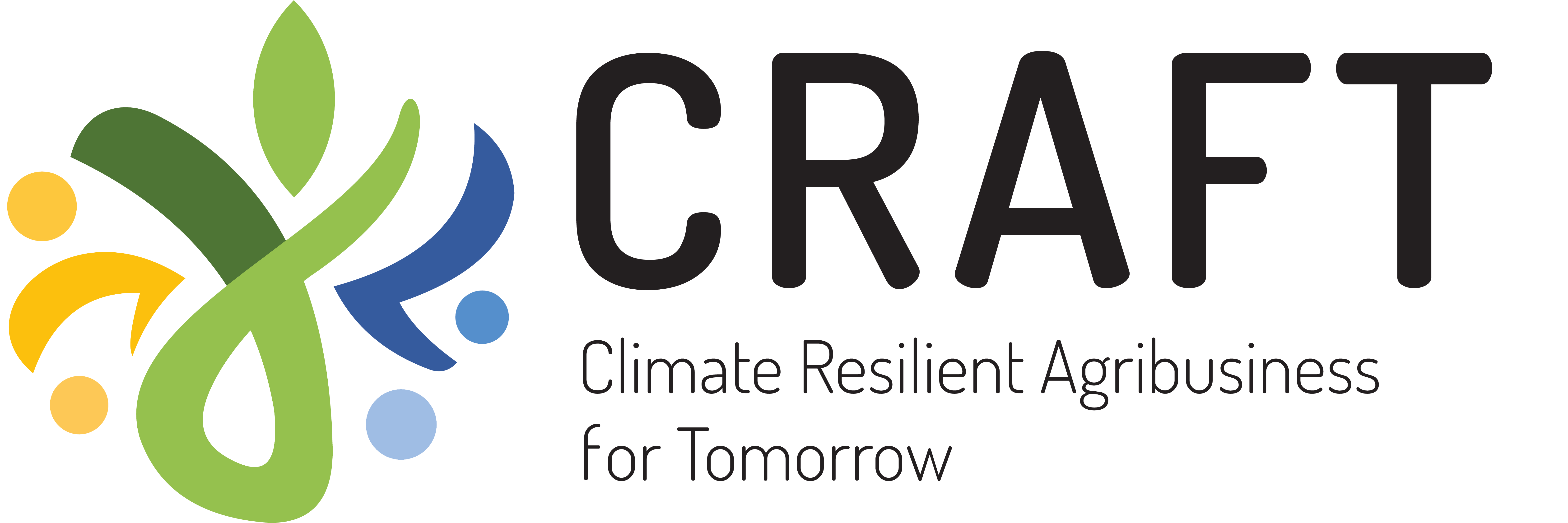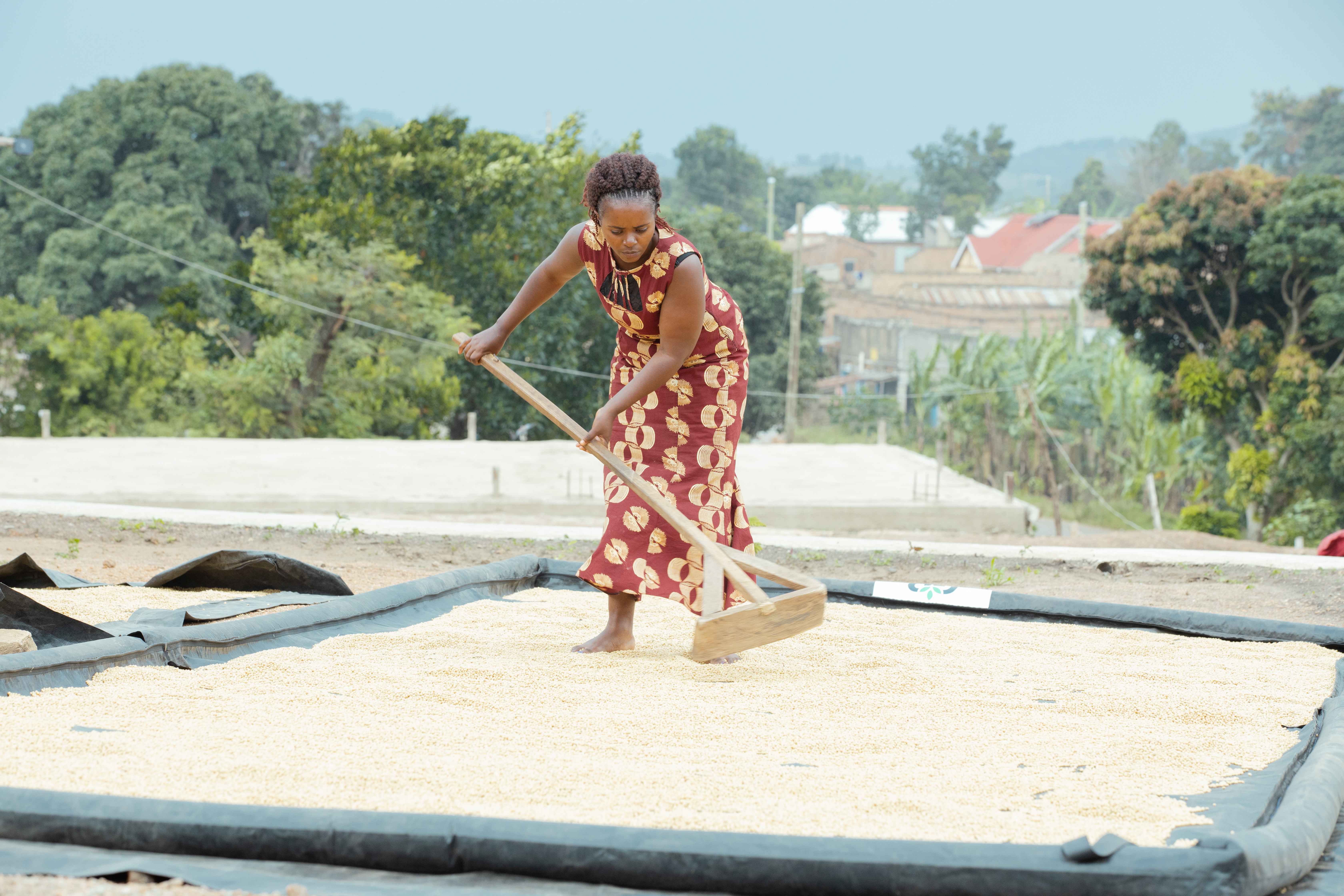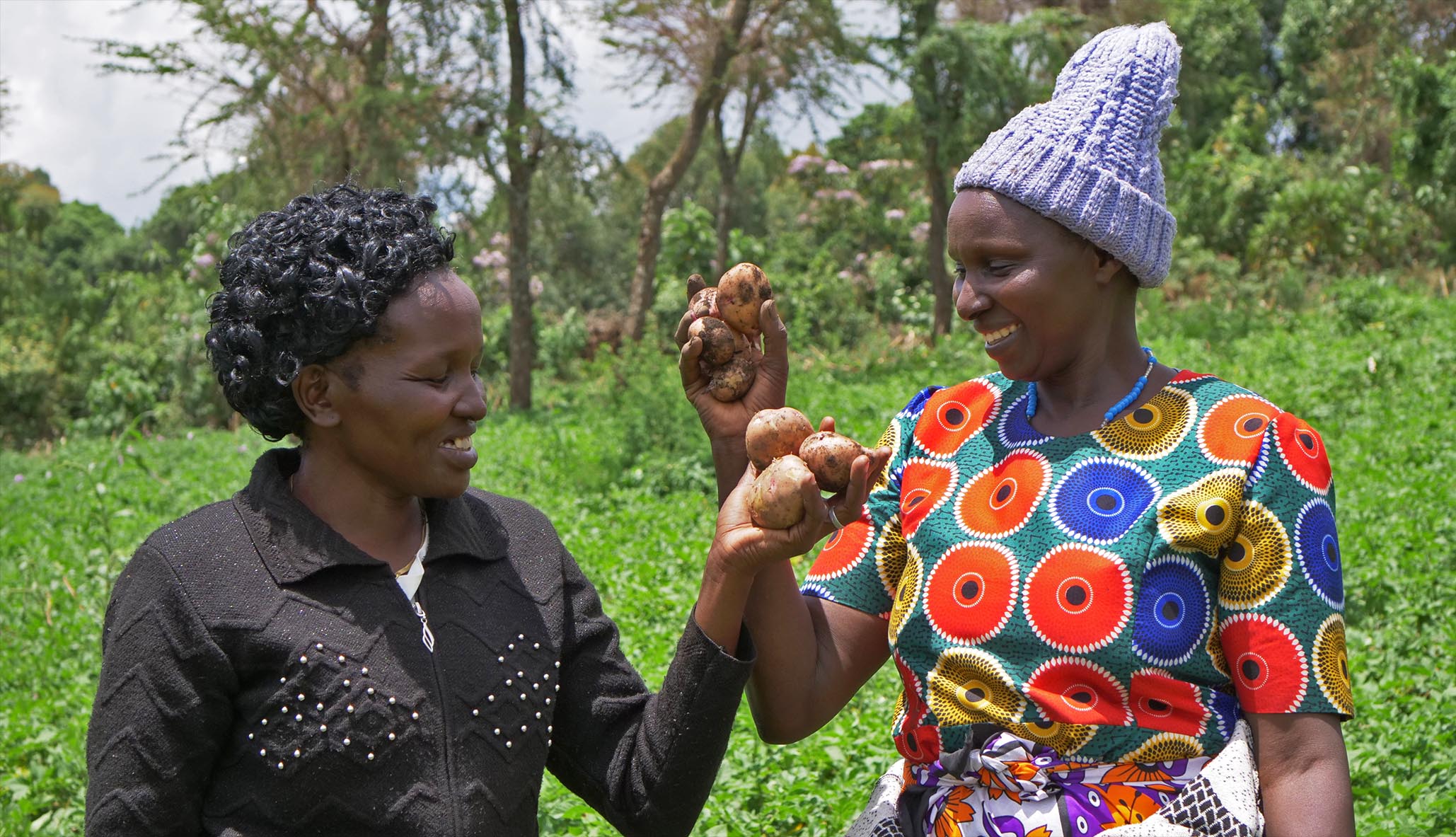
In Uganda, smallholder farmers face the daunting challenges of climate change and limited agricultural services. Among them, Alito Joint Farmers’ Cooperative, situated in Northern Uganda's Kole District, struggled with low production and losses caused by climate-related shocks. Their difficulties in accessing essential agro-inputs, inadequate storage facilities, and fluctuating market prices hindered their ability to meet market demand.

“Agribusinesses play a significant role in scaling up of climate adaptation measures in value chains. By leveraging the expertise and resources of Agri-SMEs, CRAFT seeks to implement comprehensive strategies that address the specific vulnerabilities posed by climate change.” Menno Keizer, the Climate Resilient Agribusiness for Tomorrow (CRAFT) Project’s multi-country manager.

As a native of the Netherlands, a country whose economy, much like that of East Africa, heavily relies on agriculture, I have witnessed firsthand the transformative power of intentional government policies and private sector involvement in the agri-food sector. Over the past five decades, the Netherlands has emerged as the world's second-largest agricultural producer by employing this recipe for success and I believe that East Africa has the potential to follow suit and soar as a leading agricultural producer, even in the face of climate risks.

According to FAO, nearly half of the agricultural workforce in sub-Saharan Africa comprises women, indicating their significance in agriculture and food systems. However, their role in this sector is often limited by structural and cultural barriers among others.
More Articles …
- SNV CEO visits CRAFT partner
- Maximizing yields and combating climate change by using a blend of climate smart agriculture practices and innovative technologies
- Joyce Mbingo on her experience with CRAFT and the role of women in agriculture
- Leveraging digital technologies to empower women in agriculture










